By John Nishio
Every August 6th, since I was a kid, I get a knot in my throat. The same goes for December 7th. I used to dread having to go to school if it was a December 7th, as I knew there would be stares and comments directed at me. We avoided going shopping or eating at regular restaurants, except the Far East Cafe, for the same reasons, on Dec. 7th.
I visited Japan, four times from 1965 – 1973, living there two whole summers. I spent much of our time, when not sightseeing or studying Japanese art and architecture, visiting relatives on my mom’s side.
Of course, we always visited Hiroshima and Nagasaki, and saw the Atom Bomb museums there. Looking at the artifacts, and photos of the destruction and victims, I always teared up, but it didn’t seem personal. I didn’t think it involved my family.
LATEST STORIES
When I went back to Japan with my Dad, in 2005, and again in 2006, with both my parents, we were on a mission to gather genealogical information about the family, to get to know the Nishio side of the family, and to take a lot of photos for the family back home.
It was only then, when my relatives took us to the Hiroshima Peace Park and Museum, that I learned just how personal the Atomic Bombing of Hiroshima really was.
My Dad’s cousin took us to the Peace Park, and showed us the spots where relative’s homes and businesses were, where they died. It was a beautiful April day, the cherry blossoms were blooming and a gentle drizzle was falling, causing cherry blossom petals to drift down on our heads, covering the ground, like pink snow on the sand and moss.
My “Uncle Isamu” led us to a large, granite beam, engraved with scores of names, and calmly showed me all my relatives, that had been killed on that block. They lived only a short distance from Ground Zero, of the Atomic Bomb.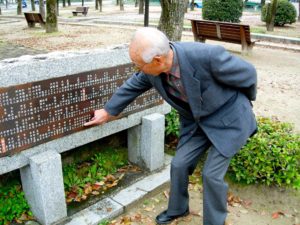
When I saw the names, I fell to my knees and begged their forgiveness, and cried. My dad cried, as well. My uncle then took us to an empty spot in the Peace Park by the road, and told us about Fusako Nishio, another of my Dad’s cousins. She was the Sole Survivor of Ground Zero, miraculously being only a quarter of a block from the bomb blast. Everyone else in over a half mile radius of her had died instantly.
Fusako was a young bride, working in a camera shop owned by her husband. They heard the air raid sirens, but when they looked outside, saw only one American B-29 bomber, so they went back into their shop, relieved.
In an instant, the bomb’s blast leveled their shop, and a few minutes later, Fusako woke up, to find her husband dying. His clothes were blown off and he was horribly burned, one half of his body had been burned and cooked. He died in agony the next day.
Fusako was also badly burned and naked. Her skin hung like rags from her blackened body, her long hair gone. Their little camera shop was made of concrete and on the side of a large concrete building that had partially shielded her from the blast, but not her husband.
Fusako staggered around ground zero for more than a week, trying to find any of her family members alive, but there was nothing left of them. Her brother, my Uncle Isamu, was a young teenager working at the Hiroshima Power Plant near the harbor. He was burned by the blast and like Fusako, badly cut by flying glass and debris. He spent more than a week looking for family and helping victims in the radioactive hot zone.
Fusako collapsed of wounds and lack of food or water, and would have died, but for an Army patrol that found her and it’s kind officer who gave her his coat and helped her walk the five miles back to the Nishio home, which had been spared by the blast, protected by a small mountain. The mountains around their village had all burst into flames, but most of their village had been spared.
Fusako’s family didn’t recognize her, at first, because she was burned, black and skinless. Only her crying made them recognize her voice. They washed her and nursed her back to health.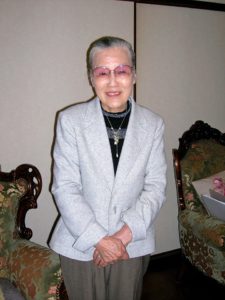
Fusako spent the next 50 years after the War’s end, traveling the world, lecturing against the use of nuclear weapons, and only retired in 2005. She felt she was spared, to tell the world to renounce the use of atomic and nuclear weapons. I think she is still alive today. On the surface, she looks beautiful, but she is covered with deep scars from her wounds, especially her feet, from walking on shattered glass, roof tiles, steel rebar and rubble for over a week.
Fusako told us her story both in 2005 and 2006, and both times I cried. A few days after she talked to us on the second visit, she flew to Paris to give a lecture.
After seeing her, and visiting the Hiroshima and Nagasaki Bomb Museums, and especially after talking to relatives who survived the bomb and their kids, who still bear the stigma of being Hibakusha people, I no longer causally say, “Oh, we should nuke those people!” Only fools and people ignorant of the effects of a nuclear bomb say that. Generations of people still suffer from the bombs of 1945, emotionally, socially and physically.
There are so many more bombs now, so much more powerful than the Hiroshima bomb, and yet there are leaders of countries, including our own, who happily threaten each other with them. I have no words to describe how I feel about that kind of blind stupidity.
ht/Alan Nishio & Larry Shinagawa
AsAmNews has Asian America in its heart. We’re an all-volunteer effort of dedicated staff and interns. You can show your support by liking our Facebook page at www.facebook.com/asamnews, following us on Twitter, sharing our stories, interning or joining our staff.



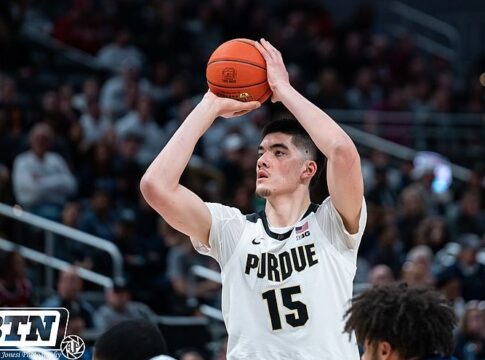

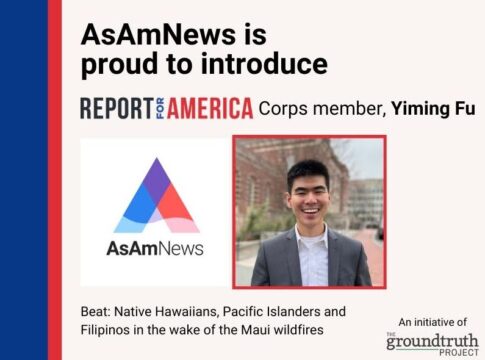
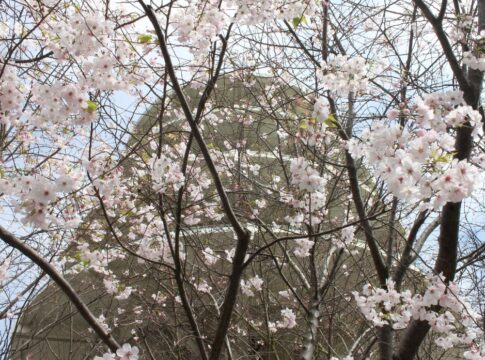
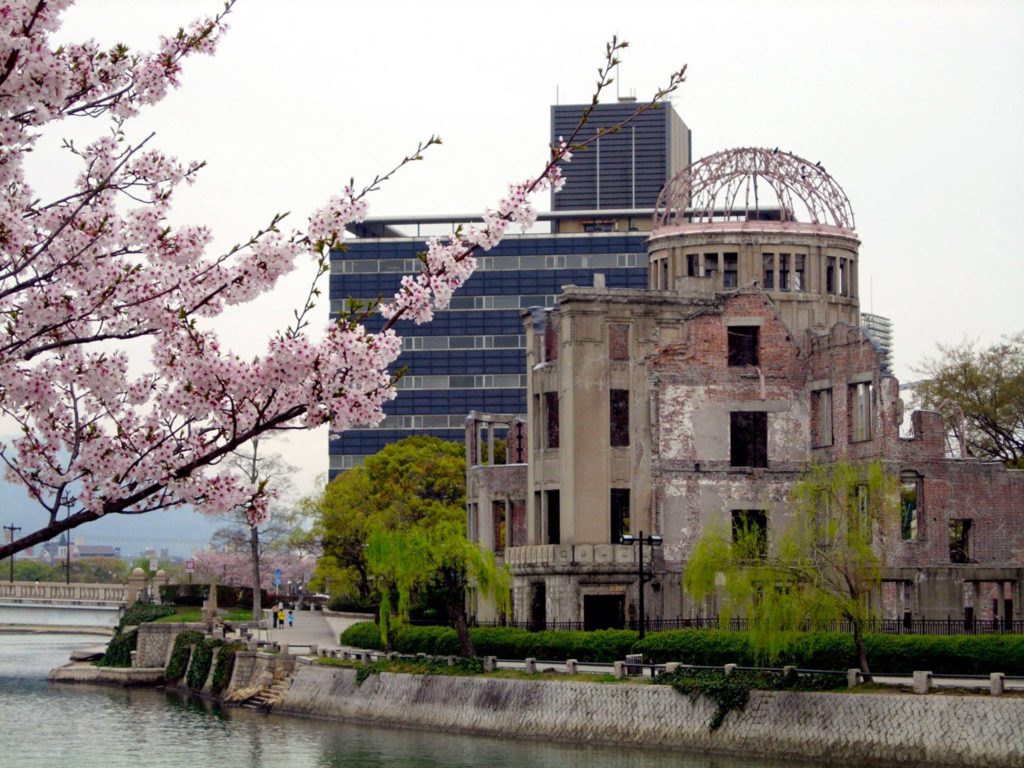


RE: The Hiroshima bomb and My Family: Thank you John for your family story. The courage and the miracle of their survival and their dedication to stopping nuclear devastation is what we all should do.
RE: The Hiroshima bomb and my family: When Americans debate the issue of using Atomic Bombs on the Human Species, they only know how to argue the political view. A weapon such as the Atomic Bomb that knowingly, but without precedence, is used on the human species must bear a significant relevance of guilt. When you know what you are going to do to a person in combat, there is a measure of restraint and idea of pain and suffering. So, with this conscience, to deliberately drop the Atomic Bomb on the Japanese People, regardless of political reasoning, is EQUAL to the same standard America places on the perpetrators within Nazi Germany in their inhumanity against Jews and other minorities. Because they knew the limits of inhumanity and yet went forth to accomplish it.
RE: The Hiroshima Bomb and my family: Thank you for your story. My great aunt was working when the bomb hit. She was in a basement. She and another co-worker heard the explosion. Both went outside. Saw the aftermath. She passed away about 8 years ago. Japanese doctors came over every year since to check her. My grandpa left Hiroshima with his family. Went back to find other family members. Found his sister and husband burned in the river, but their baby was “unharmed” under a tree. He took all 3 home.